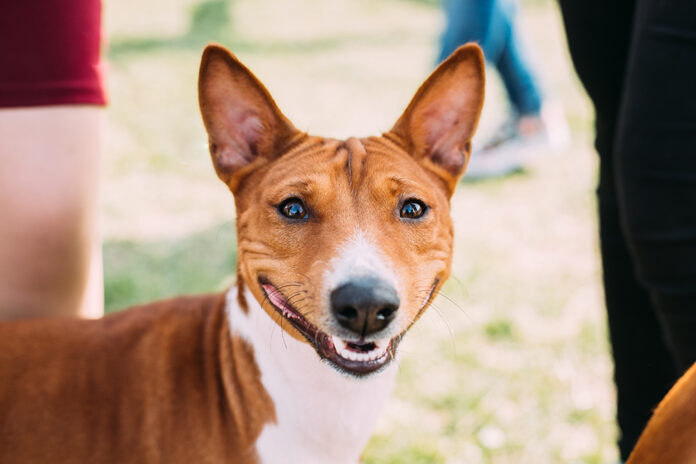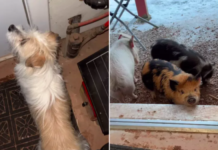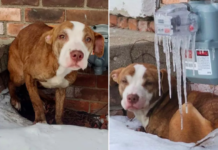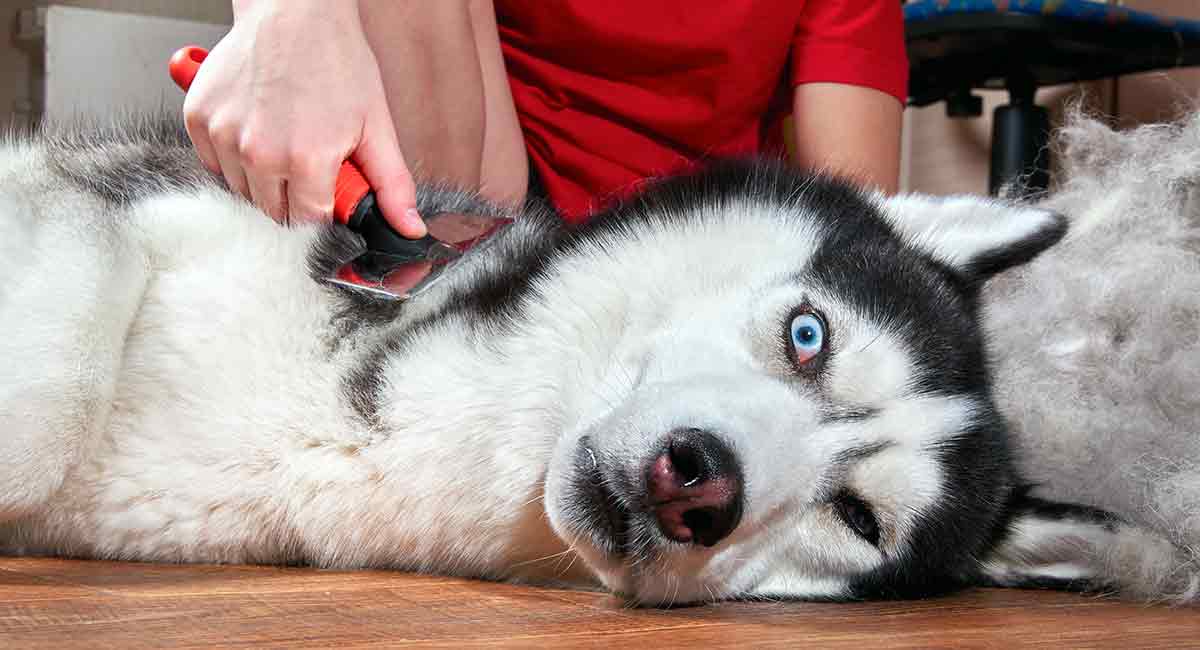Last Updated on September 1, 2021 by Fumipets
Finding out how much a purebred puppy costs, believe it or not, may be tricky. Many breeders do not publish their rates on their websites and will only provide pricing information after completing a long application process.
Frustrating? Yes.
Is it time to call it quits? There’s no way. We’ve got your back.
What is the price of a Basenji? A Basenji puppy may cost anywhere from $1,200 to $1,800, but pricing can vary. A limited number of pups produced each year, a small number of breeders, the reputation of the breeder, and the expenses of health tests may all affect the price.
Before you take a risk on a low-cost puppy or pay more than you should, read through the following to have a better understanding of what factors influence the price of a purebred Basenji and how to choose a reputable breeder.
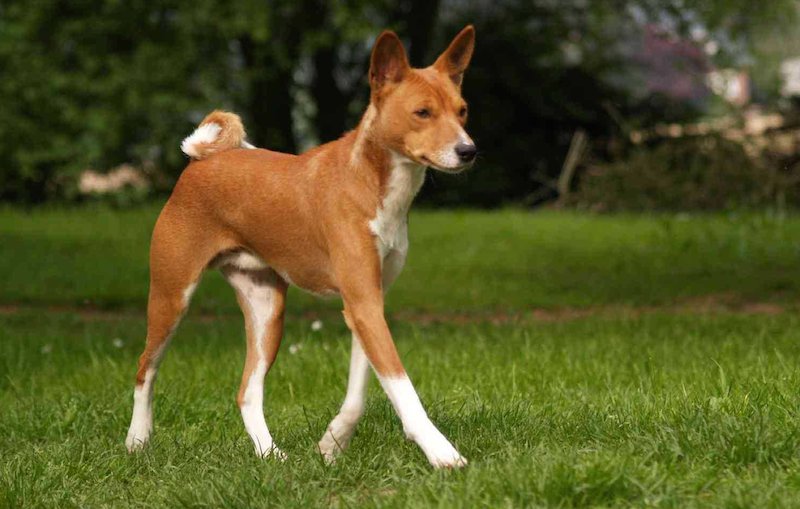
Actual Basenji Prices
We’ve gathered a sample of genuine Basenji pricing from various parts of the nation so you can get a realistic sense of what to anticipate when it comes to purchasing your new puppy.
| Breeder | Location | Price |
| Mata Hauri Basenjis | New Hampshire | $1,400 |
| Suddanly Basenjis | North Carolina | $1,000 |
| Harmony Hounds | Georgia | $2,000 |
| Spitfire Basenjis | California | $1,500 |
| Candi Becker | Texas | $1,200 |
What Factors Influence The Price Of A Basenji?
Prices for purebred dogs are typically determined by a number of factors, and Basenjis are no exception. Let’s have a look at some of the most frequent variables that affect the pricing of a good, purebred Basenji.
Basenji’s Unusual Breeding Cycle
Unlike most female dogs, who go into heat twice or more per year, Basenji females only go into heat once a year, usually in late summer or early autumn. Between October and December, almost all Basenji puppies are born.
Basenji pups may be hard to come by due to the breed’s inability to produce several litters each year. That’s why you’ll hear about Basenjis being an uncommon dog breed on the internet.
The majority of litters scheduled for the next year are already sold out, forcing prospective purchasers to join a waiting list.
Many breeders choose to wait until they require show stock or replacement breeding puppies before breeding their dogs each year. Pups that fall short of breed requirements in terms of conformation and other characteristics will be sold as puppies.
As you can see, the number of pups available for adoption each year is quite low. Breeders can frequently get away with charging exorbitant rates since demand constantly exceeds supply, and they never have to worry about being stuck with leftover pups.

The Breeder’s Reputation
The finest breeders have dedicated years to their Basenji breeding programme, gaining a lot of knowledge and expertise along the way.
Many reputable breeders also compete in dog shows and athletic events, earning titles and gaining the respect of their colleagues in the process.
Buying a puppy from a reputable breeder with years of expertise with the breed may cost a little more, but you’ll have the peace of mind that comes with knowing you’re getting the best value for your money.
Breeders that are new to the breed or just want to make a fast buck, on the other hand, may provide less costly pups, but will the quality be up to par? Most likely not.
Puppies sold at “bargain” pricing are more likely to have temperament problems, lack of conformation, and preventable health problems.
Quality Of The Puppy
Some breeders, but not all, price their pups based on how well they adhere to breed criteria. Show-quality Basenjis with excellent pedigrees and breeding rights may sell for thousands of dollars, while pet-quality pups sell for the breed’s average rates.

Health Testing Performed On The Puppy’s Parents
All Basenji breeders should make improving the breed’s health a primary goal. This is accomplished by only breeding dogs that have been tested for and found to be free of the most prevalent genetic disorders seen in the breed.
All prospective Basenji breeding dogs should be examined for hip dysplasia, autoimmune thyroiditis, eye health, including tests for progressive retinal atrophy, and Fanconi syndrome, a severe gene disease affecting the kidneys, according to the Orthopedic Foundation for Animals (OFA).
Conscientious breeders will not hesitate to have their breeding dogs tested, but they will be liable for all of the related expenses.
Responsible breeders will also have each litter examined by a licenced veterinarian, dewormed, and given their first round of puppy vaccines. This, of course, means that the breeder will have to pay additional expenses.
The Puppy’s Pedigree
The pedigree of a dog is basically a family tree. A pedigree may contain information such as championship titles, conformation achievements, and registration numbers in addition to familial lineage.
Basenji pups from show lines are usually more costly than puppies from non-show lines with a series of title abbreviations added to their names.

Low Number Of Breeders
The number of Basenji breeders is very limited when compared to other breeds. Only 30 states in the United States are included on the Basenji Club of America’s list of breeders grouped by state. This clearly implies that there are no Basenji breeders in many states.
Furthermore, in many areas where Basenji breeders exist, the list is often small, with just one or two breeders per state.
Due to the very small number of active Basenji breeders, the number of available pups is limited, and the puppies for sale as pets are not cheap.
What Should You Look For In A Good Breeder?
In every case, a good breeder should be more concerned with finding the dog a good home than with earning a profit. Period. Expect to be scrutinised while the breeder assesses your suitability for a puppy.
A reputable breeder will warmly welcome you into their house and encourage you to socialise with the pups and other pets. He or she will teach you all you need to know about the breed and provide you with basic puppy-raising tips.
Quality breeders will share health test results with you without hesitation, will have already started the socialisation process, will give you a certificate of health from a certified veterinarian, and will ask you to sign a contract outlining your agreed-upon duties.

Be Aware Of These Common Red Flags
The telltale indications of a bad breeder are usually very apparent. If any of the following are present, it is in your best interests to find another breeder.
You will not be allowed to view the parent dogs or the room where the pups are kept by the breeder.
Unruly, sick, timid, frightened, or violent dogs exist.
There is no sales contract, no health examination, and no certification of health.
The facilities are filthy, stinky, and have no climate control.
We realise how tempting it is to “save” a puppy from a terrible breeder, but doing so will simply put money in the breeder’s pocket and encourage him to continue breeding inhumanely.
How To Locate A Basenji Breeder
After you’ve done your homework on the breed and determined that you’re ready to cope with all of its idiosyncrasies, start looking into breeders, keeping an eye out for any red signs.
As previously stated, the Basenji Club of America maintains a list of breeders who are current members in good standing.
The American Kennel Club Marketplace not only has a list of Basenji breeders but also profiles them so you can see how involved they are with the breed and which clubs they belong to.

Can I Adopt A Basenji?
Adopting an older dog is a wonderful option if you can’t wait a year or more for a Basenji puppy. For a list of volunteers who rescue and put Basenjis in need, contact the Basenji Club of America.
Basenji Rescue and Transport have a large volunteer network throughout the nation devoted to Basenji rescues and rehoming.
Rescue Me!, Adopt-a-Pet.com, and Petfinder are online searchable databases that showcase dogs from rescue organisations and shelters looking for a new home.

